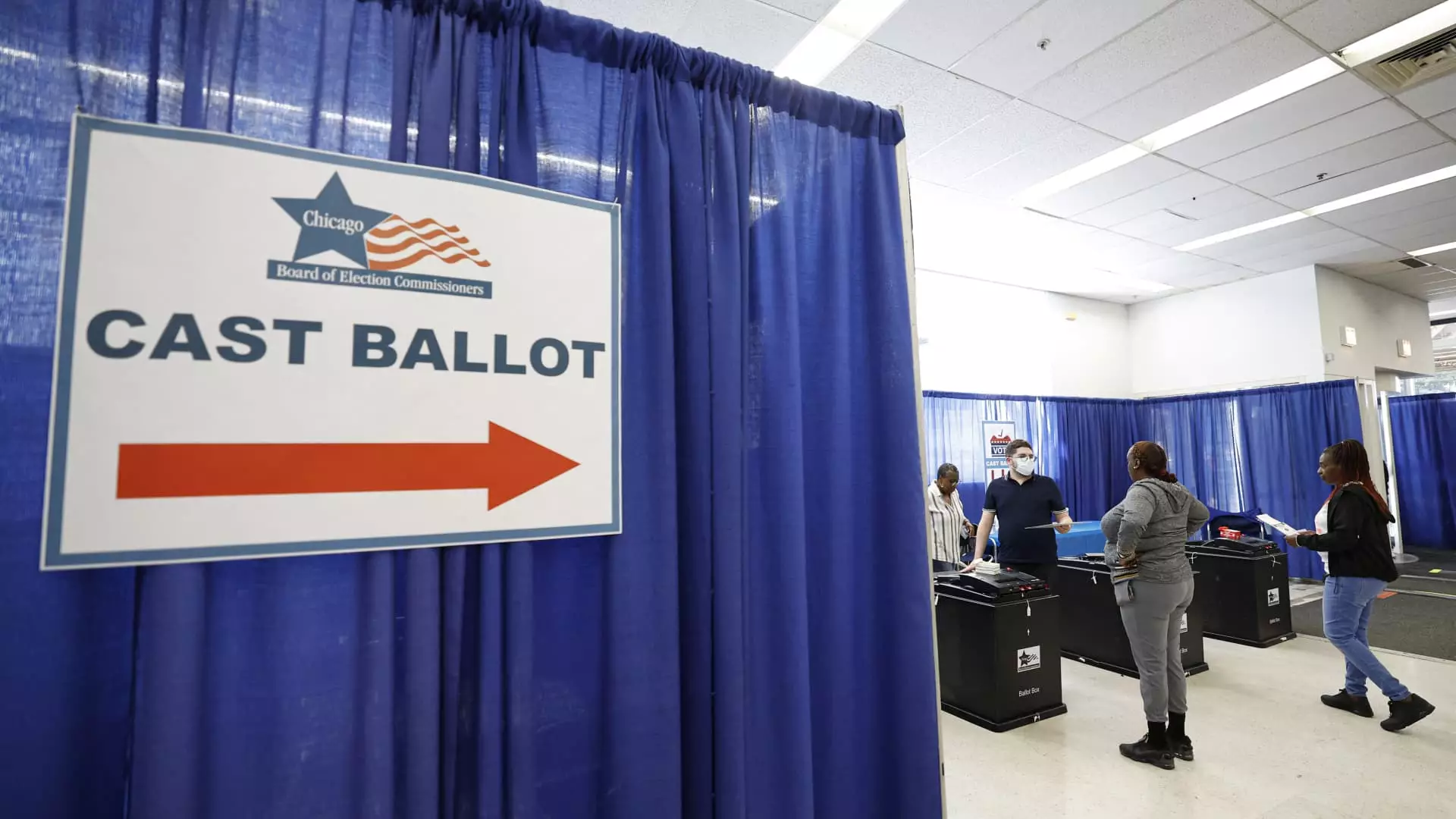In American society, few subjects evoke as much discomfort as discussions surrounding finances. Recent studies underscore this phenomenon, revealing that many individuals would rather disclose their political preferences than share details about their financial situations. For instance, a survey conducted by U.S. Bank involving 3,500 participants reveals a striking reluctance among Americans to engage in conversations about money, often ranking it as one of the most avoided topics—second only to discussions about sex. This aversion highlights the deep-seated anxieties that money often produces, making financial discussions not only personal but, at times, emotionally charged.
It’s interesting to note that individuals are generally more open to political discourse, as evidenced by the willingness to discuss the impending presidential election. Scott Ford, a leading figure at U.S. Bank, intriguingly points out that people’s reluctance to broach financial subjects may stem from the intersection of their hopes and worries regarding their financial futures. Esteemed financial planner Preston Cherry posits that while presidential elections are infrequent events, money manifests as an everyday concern that ties deeply into personal identities, amplifying the stakes involved in any discussion.
Despite this discomfort, there is a growing trend towards improved financial conversations, especially among modern families. Parents today are reportedly more inclined to discuss financial literacy with their children, addressing concepts like investing and saving much earlier than previous generations did. Nevertheless, the findings reveal a disconnect, with around 45% of respondents indicating they lack awareness of their parents’ financial circumstances. This gap can have profound implications, particularly when unexpected health crises occur, leading family members to scramble for critical financial information often concealed in layers of hesitation.
Financial advisors emphasize the importance of communication in preventing misunderstandings that can arise from assumptions or lack of information. Winnie Sun, a financial expert based in California, asserts that avoiding discussions about money can stifle wealth-building opportunities. Douglas Boneparth, a wealth management president, echoes that sentiment, warning that failure to engage in meaningful dialogue can lead to costly errors related to estate planning and tax liabilities. The importance of fostering these discussions cannot be overstated, as they lay the groundwork for financial cohesion in families, a vital component for any successful wealth management strategy.
Interestingly, some families are initiating financial conversations, but many are doing so only at surface level. The conversation often stops short of addressing the deeper issues that can impact future financial decisions. Ford advocates that families should begin with small, manageable topics to build a foundation for future discussions. Starting with practical aspects, such as the costs of everyday necessities, can facilitate more robust dialogues that dive deeper into financial planning, health care, and even intergenerational wealth transfer.
The gap in financial knowledge often leads to ignorance of critical matters, from estate plans to medical decision-making. As seen in various studies, when financial conversations are left unaddressed, it can create a precarious situation for families facing aging parents or financial emergencies. The potential for misunderstandings looms large, underlining the necessity for proactive communication grounded in empathy rather than judgment.
This lack of conversation isn’t limited to familial settings; romantic partnerships also suffer from financial communication breakdowns. Alarming statistics reveal that over one-third of Americans find themselves misaligned with their partners when managing finances, while 30% admit to lying about their monetary situations—often dubbed financial infidelity. Financial expert Cherry suggests that these situations arise from a lack of mutual understanding and judgment-free dialogue, essential for achieving common financial goals within relationships.
Creating an open environment conducive to discussing finances can counteract these issues. Financial advisors can play a pivotal role here, acting as outside mediators who can facilitate difficult discussions. U.S. Bank’s findings reveal a notable percentage of couples who have sought help from financial advisors to navigate challenging money talks, highlighting the value of professional intervention in these personal matters.
A significant obstacle many face is the perception that they must possess substantial wealth to seek out financial advice. However, taking that initial step—whether consulting an advisor or engaging in self-education—can lead to greater financial literacy and reduced stress. Financial planners frequently offer initial consultations at no charge, removing barriers for those apprehensive about discussing their finances.
In essence, the suppression of financial conversations among Americans raises significant questions about the implications of such avoidance. As families and couples navigate their financial futures, addressing these challenging discussions with care is essential. Breaking down the walls of silence surrounding money can foster stronger relationships, aid in effective wealth management, and ultimately lead to a more secure financial future for all parties involved.

Leave a Reply